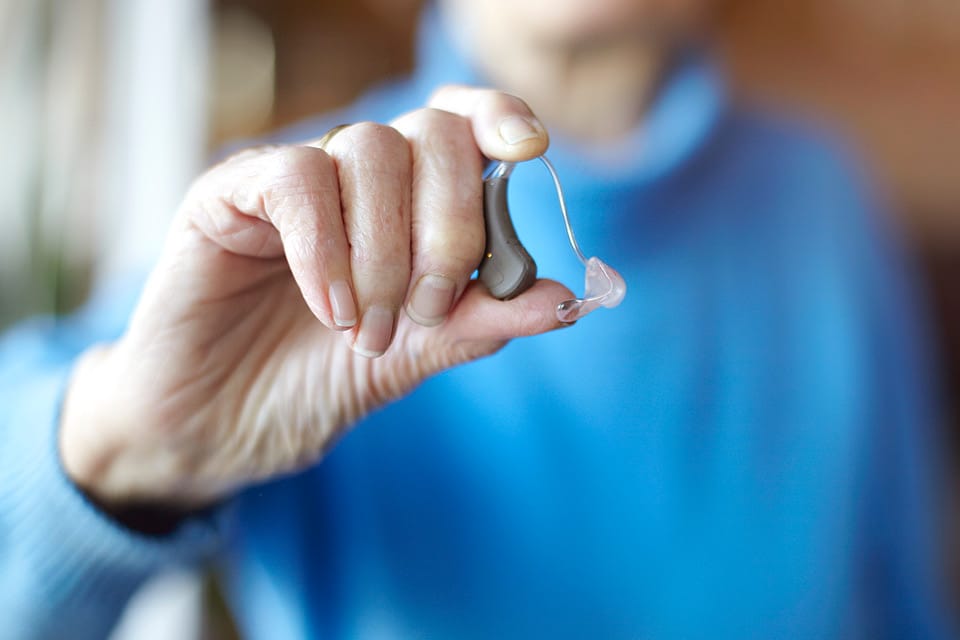Living with Hearing Loss Can Be Exhausting
 The negative impacts of untreated hearing loss on overall quality of life is well-documented. Hearing loss can affect more than just communication ability. It can lead to irritability, social withdrawal, depression, reduced job performance and diminished psychological and overall health.
The negative impacts of untreated hearing loss on overall quality of life is well-documented. Hearing loss can affect more than just communication ability. It can lead to irritability, social withdrawal, depression, reduced job performance and diminished psychological and overall health.Mental and Physical Fatigue
Defined as lack of energy and motivation, fatigue can be physical, mental or both. It can result from physical exercise or the intense cognitive processing required in many day-to-day situations for individuals with hearing loss. Fatigue can lead to increased stress, reduced quality of life and even chronic health conditions.
The Affect On Children
Fatigue due to hearing loss has also been reported in children. Researchers at Vanderbilt University used a Pediatric Quality of Life Inventory Multidimensional Fatigue Scale (PedsQL MFS) with students to evaluate how their hearing loss affected them in the classroom. The conclusion was that children with hearing loss reported greater fatigue in all areas than their normal-hearing peers. Children with hearing loss also reported greater fatigue measures than children with other chronic health conditions.
This research supports the importance of addressing hearing loss early and thoroughly, regardless of its cause or degree of severity. Any kind of hearing loss can be a serious problem. Even a mild or temporary hearing loss due to otitis media (fluid in the middle ear), which is very common in children, can have a negative impact on a child’s ability to learn and listen, and should be taken seriously. In addition to fatigue, children with hearing loss often experience delays in speech, language and social development.
Classroom strategies for children with temporary conductive hearing loss due to ear infections or middle ear fluid may include preferential seating, small-group instruction and frequent breaks. Timely medical intervention is also necessary to minimize the duration and severity of the condition.
The Impact Of Hearing Aids
For those with hearing loss that is not temporary or medically managed, the proper fitting of hearing instruments, coupled with accessories designed to maximize hearing potential, is recommended. Continued advances in assistive listening devices and hearing instrument technology have resulted in new options to help hearing-impaired individuals hear comfortably in adverse listening environments. Specifically, directional microphones and digital noise reduction in hearing aids as well as frequency modulation (FM) or remote microphone technology are all strategies aimed at minimizing the stressful and fatiguing effects of noise and poor acoustic environments. Use of the proper device and strategy can make a difference by reducing listening effort and increasing patient comfort, thus reducing overall cognitive fatigue.



